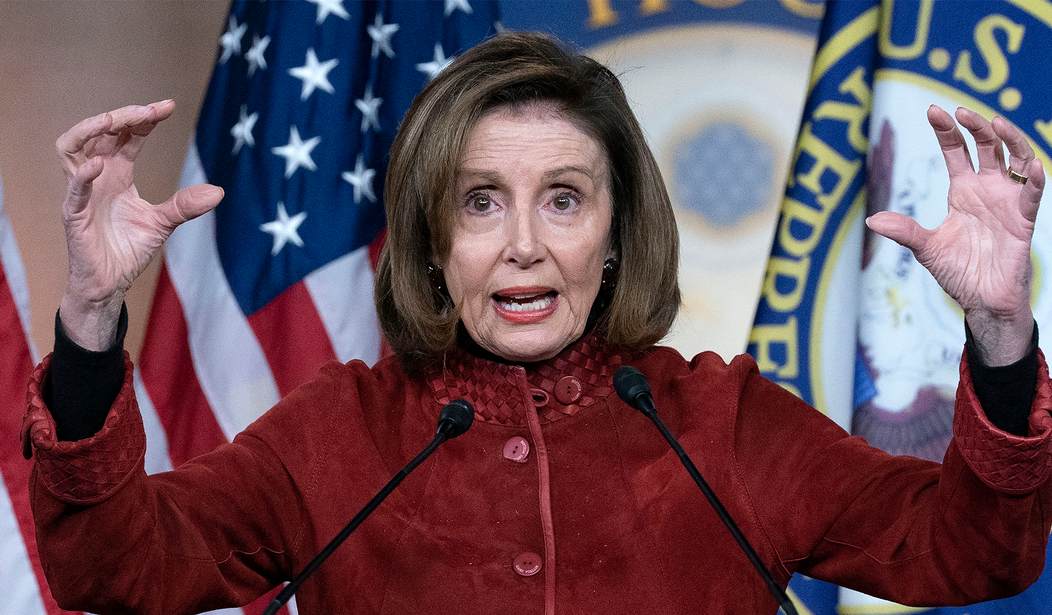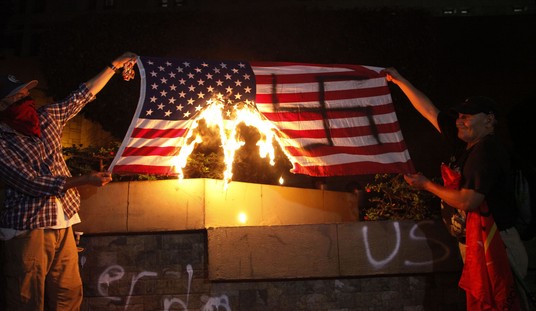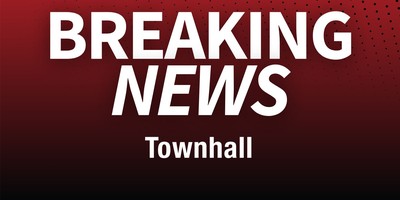The death of Jeffrey Epstein highlights an important reality underlying 21st-century American politics.
Just 36% of American adults believe the official story that Epstein committed suicide. A ScottRasmussen.com national survey found that 30% think he was murdered, while 34% are not sure. As if that skepticism isn't enough, 9% think it's very likely Epstein faked his death, escaped prison, and is alive somewhere.
Some might chalk that up to a nation that has seen too many TV shows like "Stranger Things" where the authorities present a fake body as part of a larger cover-up. But people are open to such conspiracies because they have so little trust in government.
Just 19% of voters today trust the federal government to do the right thing most of the time. Forty-two percent rarely or never trust it. The rest are sometimes willing to give the feds the benefit of the doubt.
This is not the result of the Obama administration or the Trump administration. It has been building for a very long time. In fact, it's been 47 years since a majority of voters have trusted the government most of the time.
That distrust has opened a strong disconnect between what is happening in the political world and what is happening in the rest of the country.
Another recent ScottRasmussen.com poll highlighted just how wide the gap has become. Other things being equal, just 28% of voters nationwide would prefer a presidential candidate whose main policy positions are in the political mainstream. In other words, voters are looking for someone who will shake up the political status quo rather than support it.
Recommended
That makes sense when you realize that 53% of voters nationwide believe that our country is doing OK but the political system is in a crisis. Most voters aren't looking for the political system to save the country; they are hoping the government doesn't drag the country down.
The difference between a country and its government is one of the most important and ignored realities in politics today. The government certainly has a role to play in the country — a big role, in fact. But just 14% of voters believe it's the lead role.
Only 13% believe governing is the responsibility of government alone. The rest recognize that every relationship and organization — including families, businesses and civic groups — plays a role in making society work.
While politicians dream of sweeping new programs that will be their personal legacy, 73% of voters prefer that the government implement gradual and modest changes to address specific problems.
It's not that Americans are resistant to change. When thinking about the country as a whole — including the government, private sector, and popular culture — 45% believe change is happening too slowly, while just 20% say it's happening too fast.
But voters prefer bottom-up change from the culture rather than top-down change from Washington. That's partly because 60% recognize that Americans have more power acting as consumers than they do as voters. Only 13% believe they have more control through the political process.
In an era of such deep distrust, it might be wise for candidates to focus on how to make the government more trustworthy rather than more powerful. At the very least, they should find a way to convince voters that the failures of the political system won't eventually drag the nation down.

























Join the conversation as a VIP Member